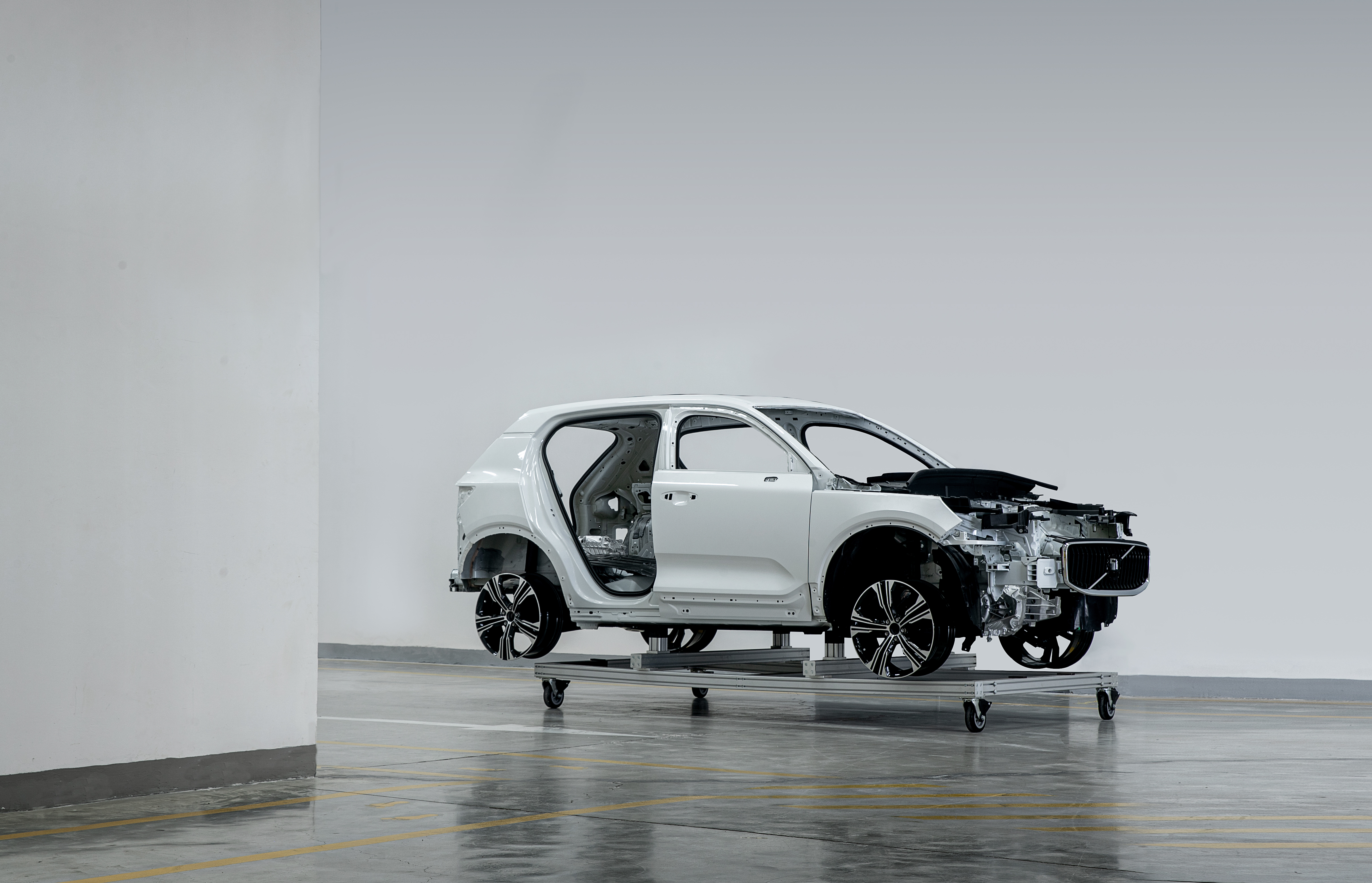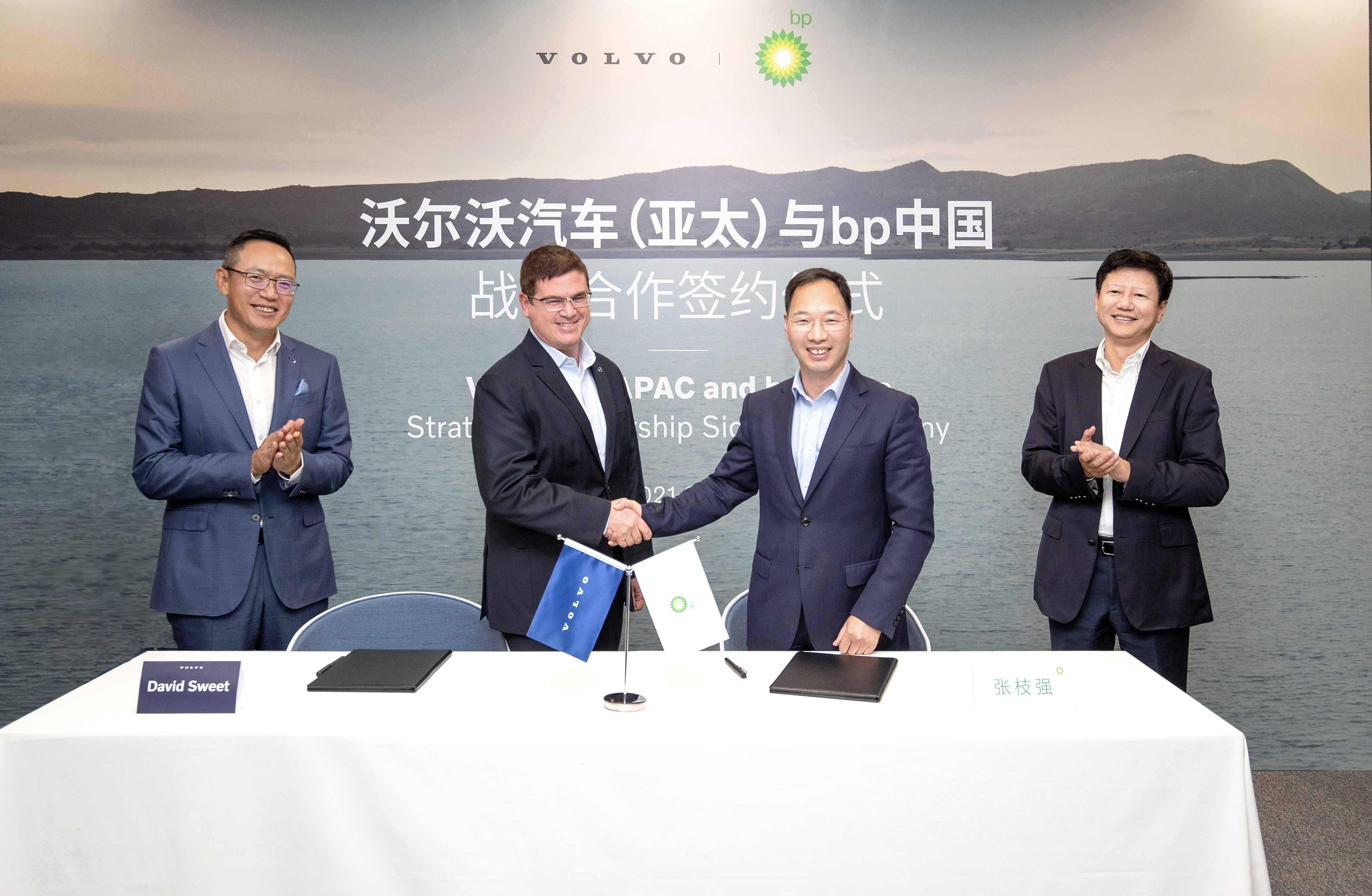On July 21, Volvo Asia Pacific and BP China announced that they will work together as strategic partners in China to advance their respective goals in climate neutrality, net zero emissions, and sustainable development, and provide comprehensive energy solutions across the entire value chain.
The Chinese government has committed to striving for carbon dioxide emissions to peak before 2030 and to strive for carbon neutrality before 2060. Given the increasing importance of the Chinese market to BP and Volvo, and the two companies’ goals in sustainable development and net zero, the two sides hope that this strategic partnership can create synergies and further promote the sustainable development process of the two companies in China.

Volvo has set one of the most ambitious climate targets in the automotive industry, its “2040 environmental plan,” which aims to develop the company into a global climate neutrality benchmark enterprise by 2040.
As the first step to achieving this goal, the company plans to reduce the average carbon emissions of each car in its portfolio throughout its lifecycle by 40% from 2018 to 2025. Volvo also requires its Tier 1 partners in China to commit to 100% green electricity (renewable energy) use by 2025 at the end of this year. Currently, Volvo’s Chengdu factory has achieved 100% green electricity use, while its Daqing factory will achieve this in 2021.
BP’s primary commercial activities in China include aviation fuel supply, fuel retail, lubricants, oil and gas supply and trade, LNG receiving stations and gas pipelines, future travel and venture capital. In 2020, BP announced that it will become a “net zero company” by no later than 2050, helping the world achieve zero carbon emissions and transforming from an international oil company into an integrated energy company focused on providing solutions for its customers.
Source: Official Volvo Website
This article is a translation by ChatGPT of a Chinese report from 42HOW. If you have any questions about it, please email bd@42how.com.
